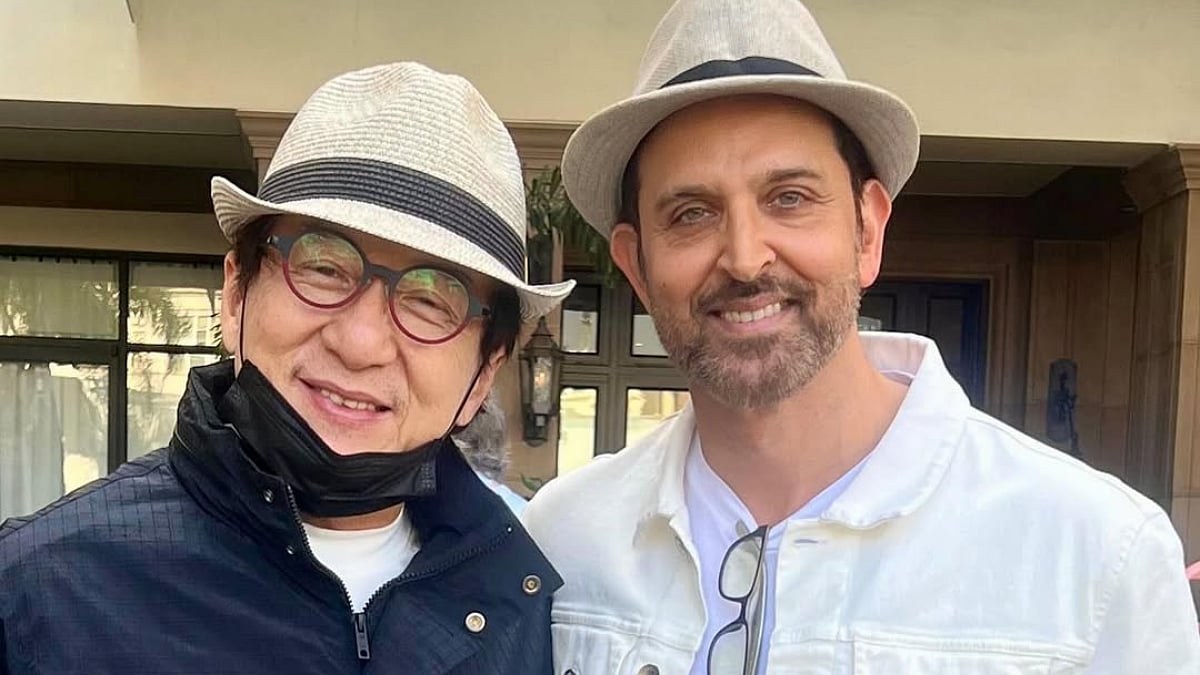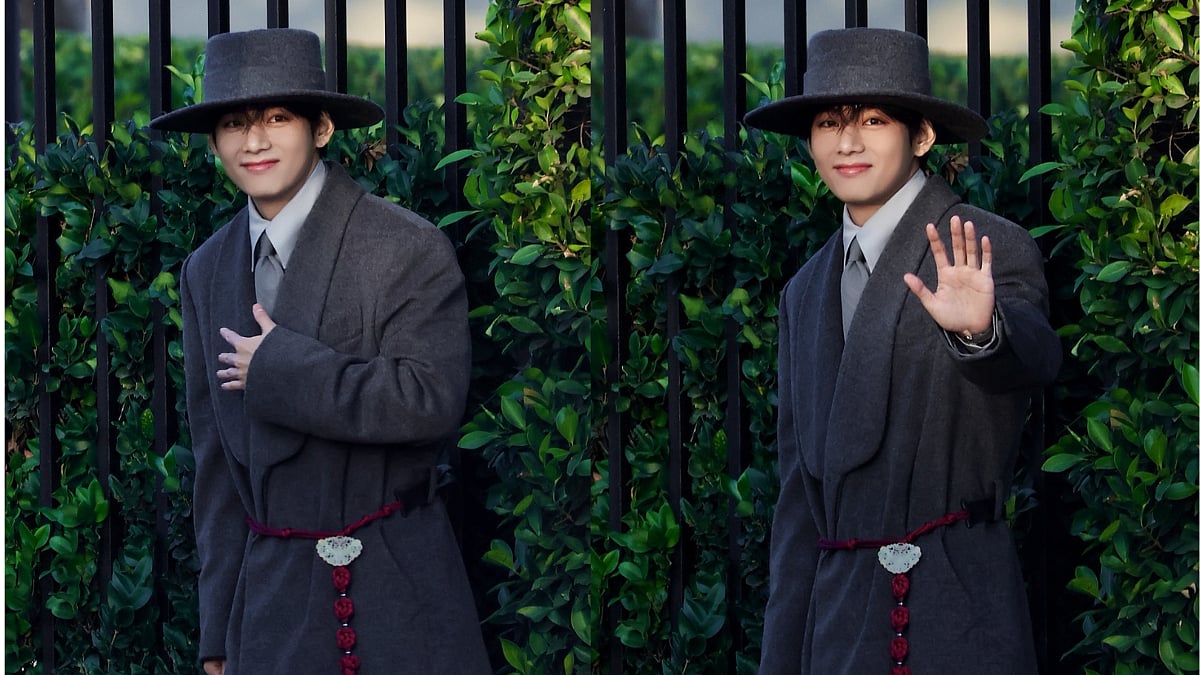Abdul Hayee 'Sahir' Ludhianvi was arguably the greatest poet-lyricist in the history of Hindi film. Despite his stupendous success as a lyricist of the highest order, Sahir abhorred this tag (lyricist). Instead, he always preferred to be called a poet.
'Shayari deti hai dil ko taskeen/Filmon ko nahin chahiye insaan zaheen' (Poetry provides solace to heart/Films don't require an intelligent man), was his rather derogatory attitude towards cinematic music. He sent this couplet to yet another highly sensitive and intellectual person Gurudutt Padukone for whom Sahir penned immortal poetic numbers like 'Ye mahalon, ye takhton, ye taajon ki duniya...' and 'Jinhein naaz hai Hind par woh kahan hain' in the movie 'Pyaasa'.
Sahir looked down upon the task of writing lyrics as something pejorative — Doyam darje ka kaam (a mediocre calling). While learning the art of versification, Urdu and Persian under the guidance of Maulana Faiz Haryanvi, whose father was a distant cousin of Altaf Hussain Hali 'Panipati', Sahir realised that poetry was a seriously sublime art with a universal appeal and message. It, therefore, must never be diluted. 'Shayari ko aamezish nahin pasand' (Poetry doesn't like adulteration) was Sahir's favourite refrain when he had to settle in Bombay and perforce write songs for films to earn his livelihood.
That's the reason, Sahir steadfastly adhered to his poetic temperament and till the end, insisted that the film score should be composed for his lyrics and not the other way around. Though well-nigh one thousand songs ensued from the 'enchanter's' (Sahir means 'Jadugar/Enchanter') magical quill, nearly eighty per cent of them bore Sahir's distinct poetic stamp. Who can forget the immortal gems like 'Tu Hindu banega na Musalman banega', 'Woh subha kabhi toh aayegi', 'Man re tu kaahe na dheer dhare'? The sheer poetry will always be remembered for the literary value rather than as film songs of an ephemeral nature.
The man who wrote 'Aavaz-e-Adam' (The voice of man), which had that memorable phrase 'Hum bhi dekhenge' (later used by Faid Ahmad Faiz without ever acknowledging Sahir!), always placed pure poetry over the compromised poetry in films to appeal to the riffraff. Sahir often used his own creations from his collections, 'Talkhiyan' and 'Parchhaiyaan', and moulded them into film songs to retain their classic poetic flavour and fervour. His 'dekha hai zindagi ko kuchh itna qareeb se' (Film: Ek Mahal Ho Sapnon Ka, 1975) is the quintessential example of his poetic genius seamlessly seeping into a film song. No wonder, many of Sahir's film songs are now on the syllabi of Urdu and Comparative Literature at various universities. We salute the wizard of words on his 100th birthday.












